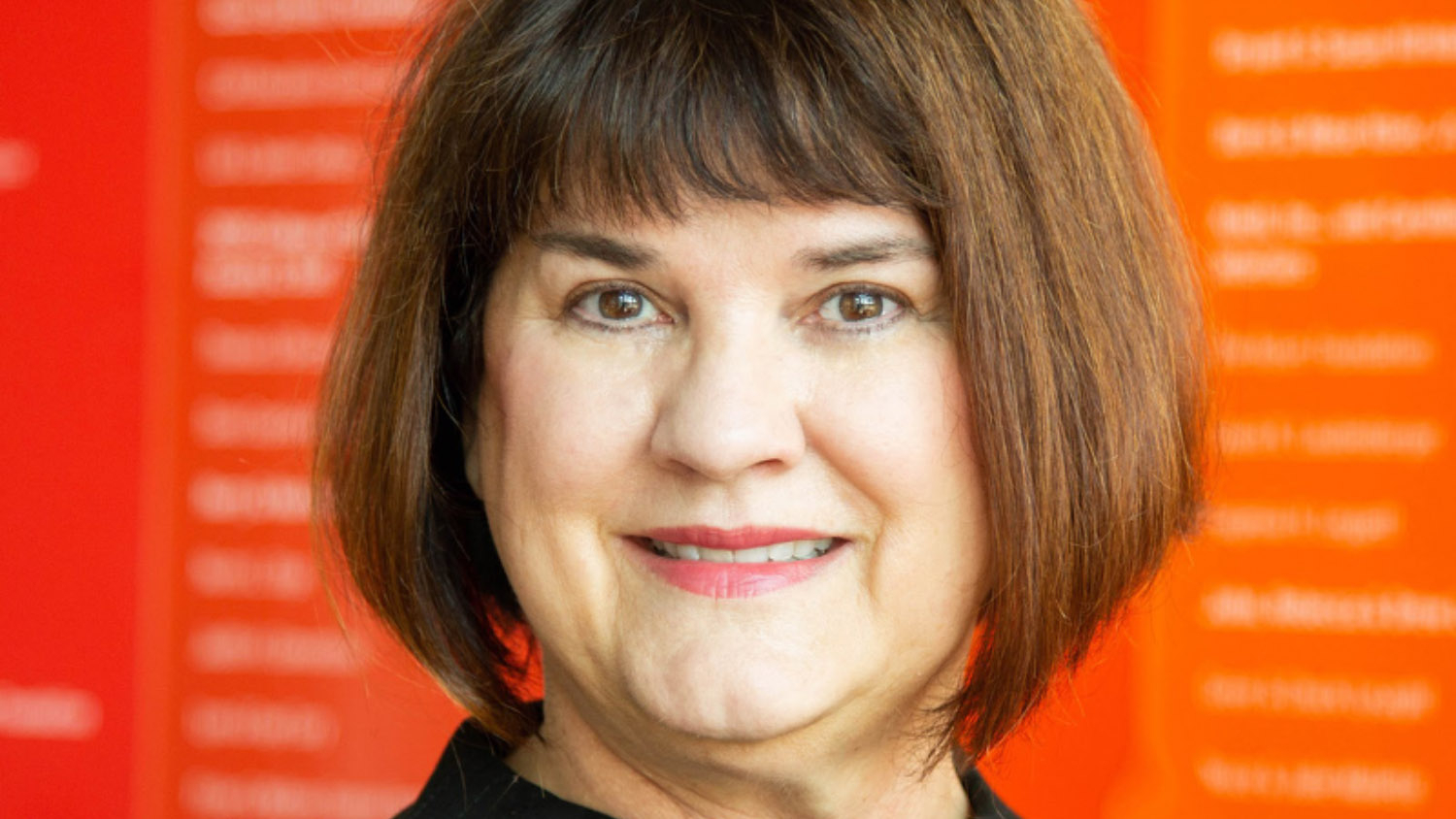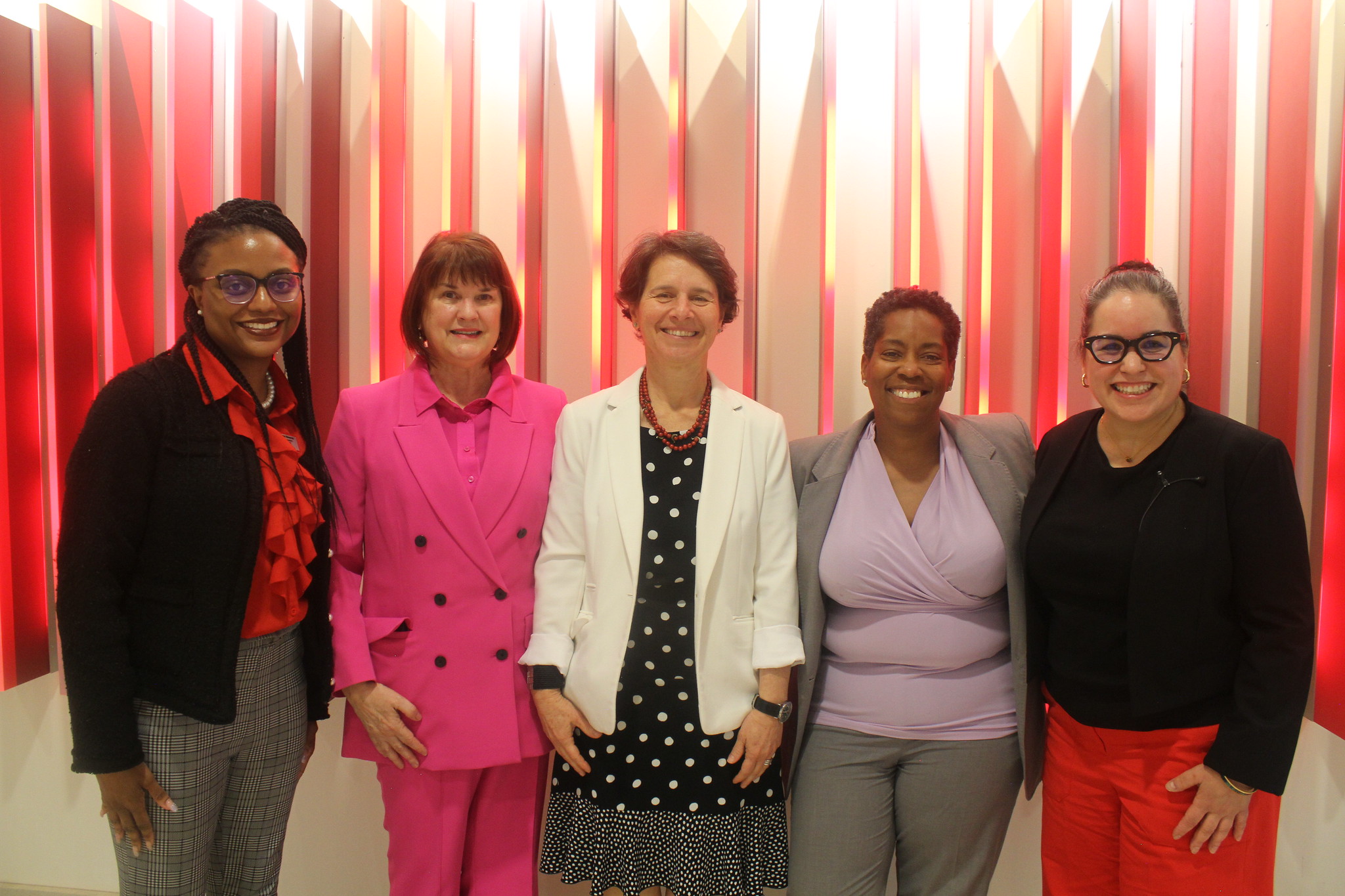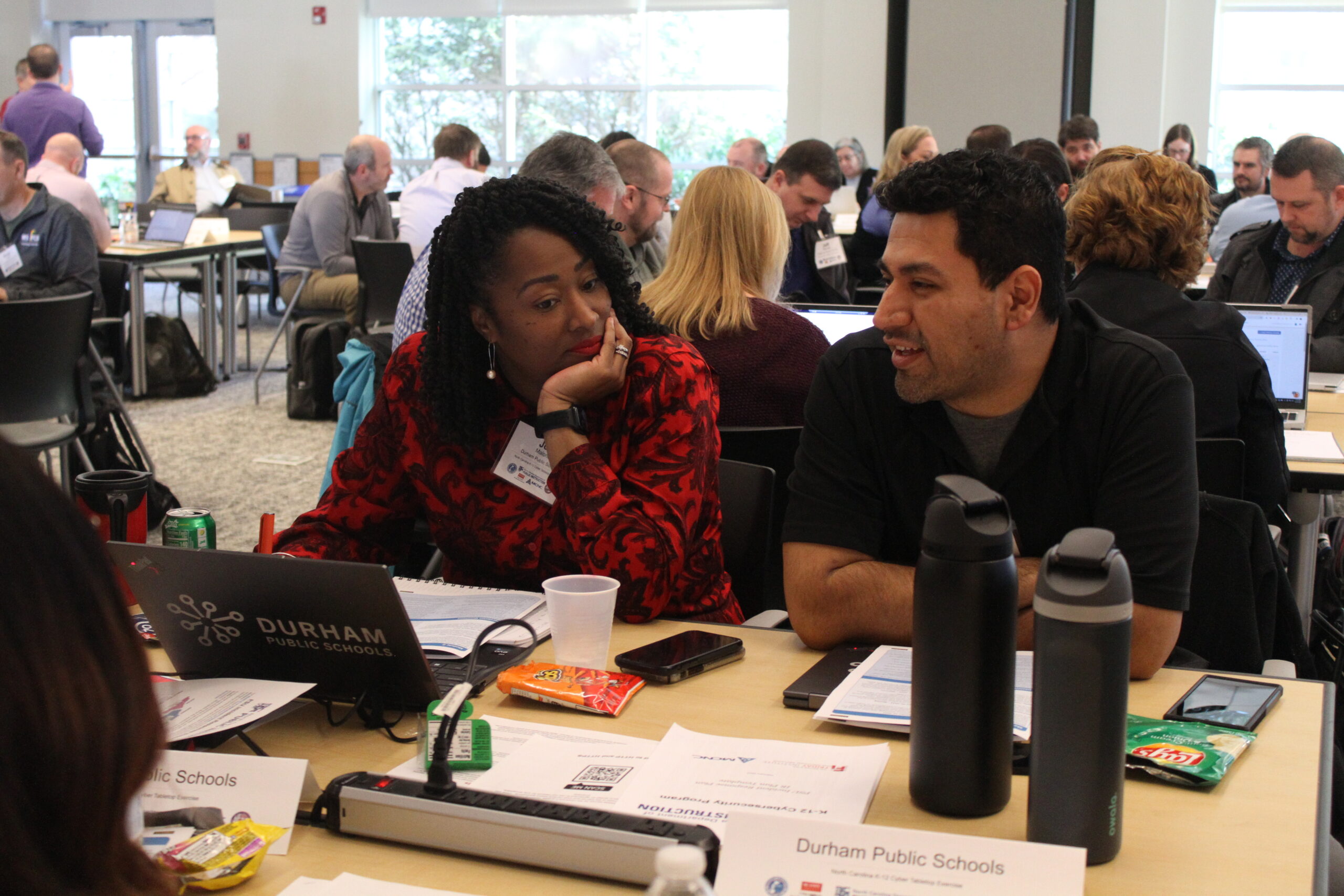Professor Emerita Hiller Spires Redefines Global Literacies, Provides Books to Underserved Schools Through New Projects

NC State College of Education Professor Emerita Hiller Spires is helping to develop a unique definition of global literacies through a new book while also working to promote literacy internationally through a recently founded organization that provides books to under-resourced areas.
Critical Perspectives on Global Literacies: Bridging Research and Practice, published by Routledge and co-edited with College of Education alum Shea Kerkhoff ’16PHD, synthesizes professional literature and draws from multiple dynamic theories – including cosmopolitanism, critical pedagogy, global meaning making, multiliteracies and new literacies – to create a four-dimensional definition of global literacies.
These dimensions include:
- Literacy as a human right in all nations around the world
- Critical reading and creation of multimodal texts about global issues
- Intercultural communication with globally diverse others
- Transformative action for positive change that traverses borders
“Much academic work is currently being conducted in the area of global literacies,” Spires said. “We decided to synthesize the professional literature to derive a unique definition of global literacies, which we argue are literacies needed to learn and communicate in, about, with and for an interdependent world.”
The book features 27 chapters by authors from four different continents who contextualize examples of global literacies from K-12 and teacher education classrooms in order to make explicit links between research and practice.
Chapters include stories about collaborative literacies between high school students in China and the United States, the positioning of digital and multiple literacies as equally valuable as print in Singapore, the role of technology in increasing the possibility of transliteracies with young Syrian refugees attending school in Turkey and the use of a literacy maker space in South Africa as a vehicle for identifying community needs.
The goal of the book, Spires said, is to provide both emerging and established scholars with a framework for positioning global literacies work that is relevant, dynamic and forward thinking.
“An understanding of global literacies is important for K-12 teachers and for the educators that prepare them. This book provides ways for teachers and teacher educators to access global literacies, which are fundamental to a sustainable world,” she said.
Spreading Literacy through Margie’s Books
In addition to contributing to the body of research on global literacies, Spires is also making a local and global impact on literacy through a recently-founded organization created to honor her mother.
Spires has fond memories of her mother, Margie Ann Joyner Spires, who died in 2019, bringing her to the public library to find books of interest and reading to her even after a long day of work. To honor this legacy, Spires created Margie’s Books, which has provided books to under-resourced educational settings in North and South Carolina and, this summer, will expand to deliver books to educators in Kenya and Turkey.
“Over my 43 years in education, I’ve heard repeatedly from educators how they need specific books – children’s books and young adult books – to bring their teaching to life but, all too often, they do not have the resources,” Spires said. “Teachers may need linguistically and culturally
diverse books for a class library or a class set of one title for a whole class reading. Community centers may need a variety of books to meet a range of interests for children they serve. We advocate for and help facilitate the potential magic that books can create with readers from preschool through high school.”
Already this year, Margie’s Books has donated 70 books to be used in whole-class read-alouds at Underwood Magnet Elementary School in Wake County, provided funding to purchase books for English language arts projects at Shepard Magnet Middle School in Durham, supported book clubs at the Lucy S. Herring Elementary School in Asheville and supported social studies classrooms with poetry and literature that is culturally sustaining at W. A. Perry Middle School in Columbia, South Carolina. .

